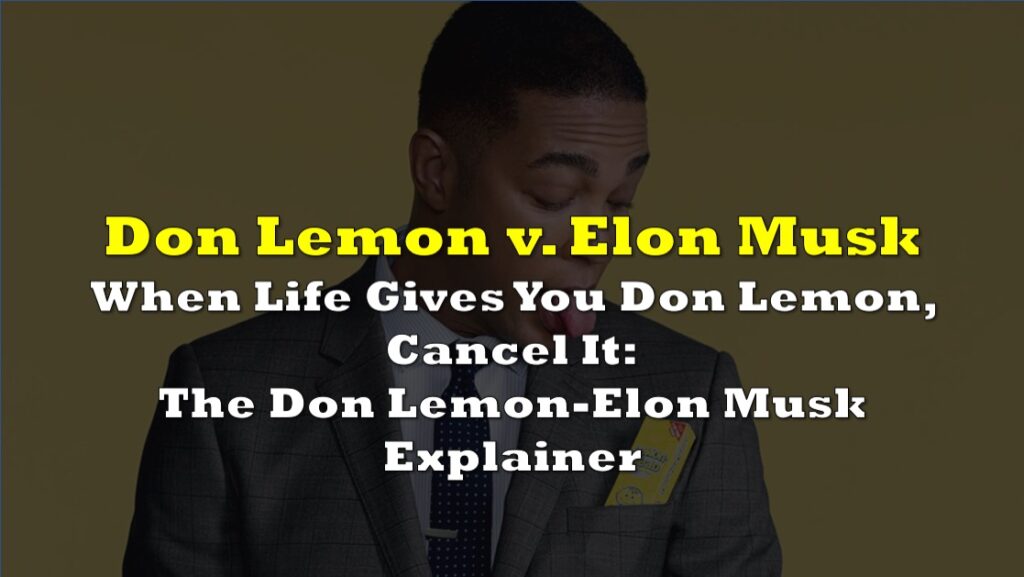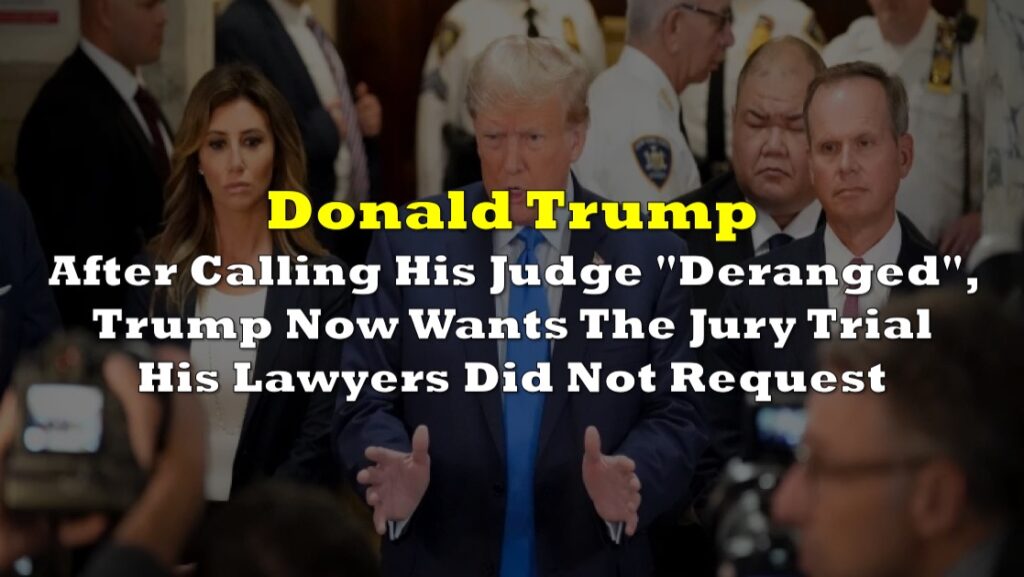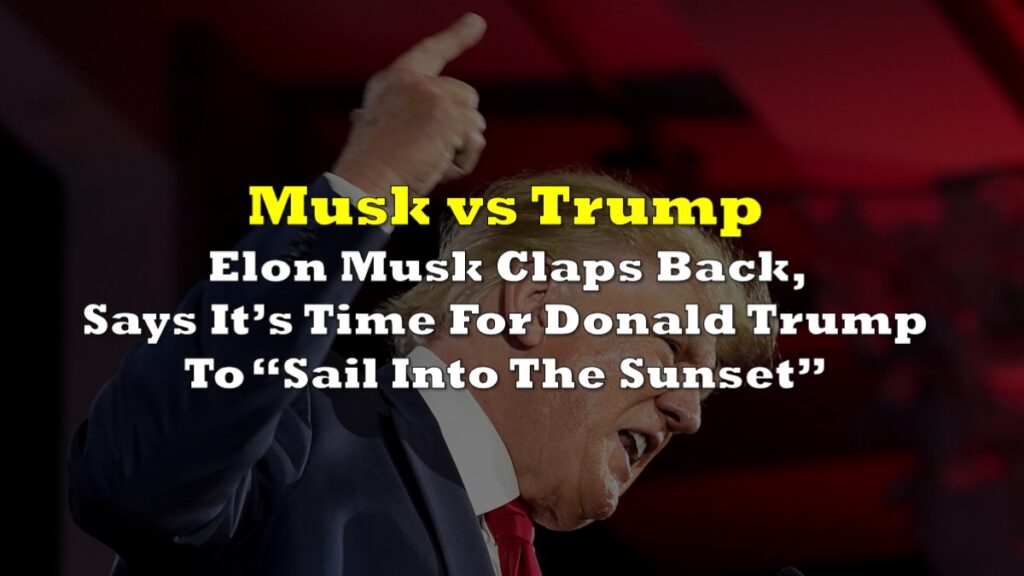In a live-streamed conversation with Stagwell CEO Mark Penn on Wednesday, Elon Musk conceded that his ambitious goal of reducing federal spending by $2 trillion may be unrealistic.
Musk, appointed by U.S. President-elect Donald Trump to lead the newly-conceptualized Department of Government Efficiency (DOGE), admitted that a more plausible target is $1 trillion, a figure he described as still being a substantial and “epic outcome.”
“I think we’ll try for $2 trillion, I think that’s like the best-case outcome,” Musk said during the discussion. “But I do think that you kind of have to have some overage. If you try for two trillion, you have a good shot at getting one.”
Despite the downward revision, Musk framed the effort as crucial to combating inflation and freeing up the U.S. economy. His comments highlight the daunting scale of the initiative, which many experts believe may be more aspirational than achievable.
The idea for DOGE originated with Trump, who during his presidential campaign touted the need for a radical rethinking of federal spending. He argued that government inefficiency, fraud, and waste were responsible for ballooning deficits and rising inflation, and suggested that Musk, with his reputation for innovation, was the ideal leader for such an initiative. The initiative was promoted as a non-partisan push for fiscal responsibility, though Trump’s announcement was met with skepticism from budget experts and lawmakers alike.
During his campaign, Trump pledged that the commission, led by Musk and fellow entrepreneur Vivek Ramaswamy, would conduct a sweeping audit of federal spending and identify areas where significant cuts could be made without harming essential public services. However, details about which programs would face reductions remain vague.
Cutting $1 trillion—or even $2 trillion—from a federal budget projected at $6.8 trillion for fiscal year 2025 would require unprecedented measures. Much of the budget is allocated to mandatory programs like Social Security, Medicare, and defense, leaving little room for discretionary cuts. Musk’s suggestion that “you can’t miss” when targeting waste has been criticized as overly simplistic by experts who argue that true inefficiencies represent a fraction of federal spending.
Marc Goldwein, senior policy director at the Committee for a Responsible Federal Budget, cautioned against expecting substantial savings from eliminating fraud and improper payments alone. “We’ve heard these promises before, that simply cutting waste and abuse will lead to massive savings. But in practice, it’s often an excuse to avoid making the tough decisions,” he said.
The potential impacts of such sweeping cuts could be severe, affecting millions of Americans who rely on federal programs. Critics also note that Trump, during his first term as president, made similar promises to streamline government operations but failed to deliver significant results.
Musk and Ramaswamy have suggested several strategies to achieve their goals, including reducing the federal workforce, relocating agencies outside of Washington, D.C., and rescinding regulations they deem redundant. Musk has also hinted at the possibility of targeting remote workers within federal agencies to slash payroll costs. Critics argue that such measures risk undermining the efficiency and morale of government operations.
Information for this story was found via Politico and the sources and companies mentioned. The author has no securities or affiliations related to the organizations discussed. Not a recommendation to buy or sell. Always do additional research and consult a professional before purchasing a security. The author holds no licenses.









